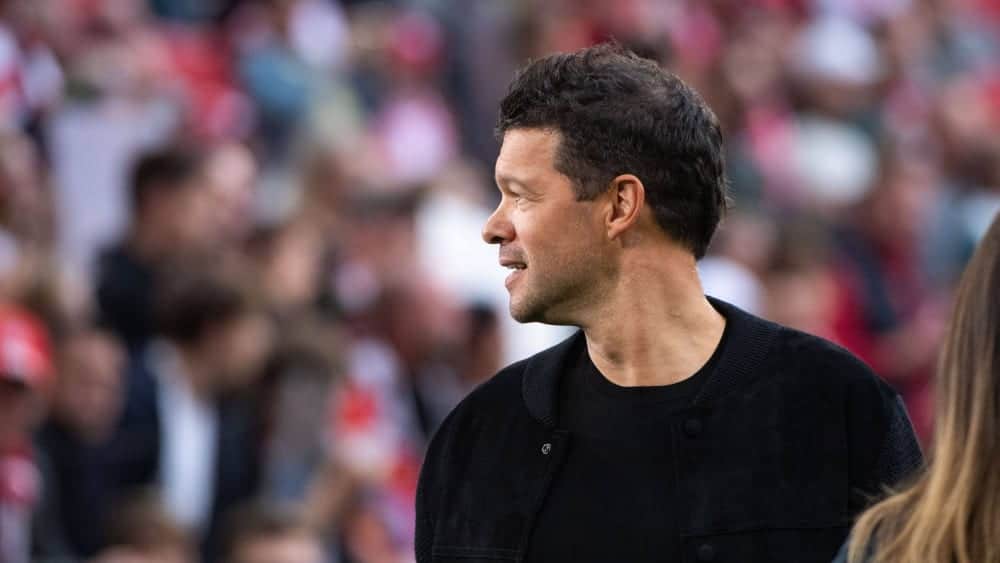As a player, Michael Ballack (47) was considered a leading figure. But he never wanted to become a coach. In the new episode of “meets DAZN”, he explains why
For someone who is already known by the nickname “Capitano”, team leadership should not be a completely unfamiliar vocabulary. In the case of Michael Ballack, however, the long-serving captain of the German national team never became a coach. “I had very intense years as a player, which fulfilled me so much that I avoided the other side until today,” explains Ballack in the new episode of “meets DAZN”.
The coach Ballack will probably not be around in the future either, although the current TV pundit was even aiming to acquire the UEFA B license – in Wales, “because I found the scope and orientation more flexible there”. But then “Corona came in between and I lost sight of that a bit.”
Also because a few of the impressions he gained encouraged him not to continue in this direction. “I realized that you have to have the doggedness you had as a player to deal with all the responsibility and the characters,” says Ballack. “And I still don’t have that today.”
Compared to his playing career, he sees “a completely different requirement profile” and cites the example of José Mourinho. Under the Portuguese, who had a great coaching career after a modest playing career. “He’s a coach I really appreciate and still manages to do it at this level,” says Ballack, who played under Mourinho at Chelsea FC in the 2006/07 season and won the FA Cup with him.
“You have to be credible, but not too predictable,” explains the former midfielder. “For me as a player, the best situation was always when I couldn’t read a coach 100 percent, even if he had 20 to 30 percent craziness. If you’re losing and you know the coach is going to shout for a moment, scold you and tell you what the next few days’ training will be like, then I didn’t always like that.” You also need “an incredible drive”. By his own admission, Ballack was “someone who could let go, that was very important for me”.
A quality that Marco Rose even sees as positive for a coach. The RB Leipzig coach, who is only two weeks older than Ballack and, like him, grew up in the GDR, confirms in the double interview in the podcast: “This composure is something that you have to convey to the outside world as a coach when dealing with the media, with social media. That you don’t always allow yourself to be lured into it.” This is another reason why Rose believes: “You could be a good coach.” The soccer world will probably never know





